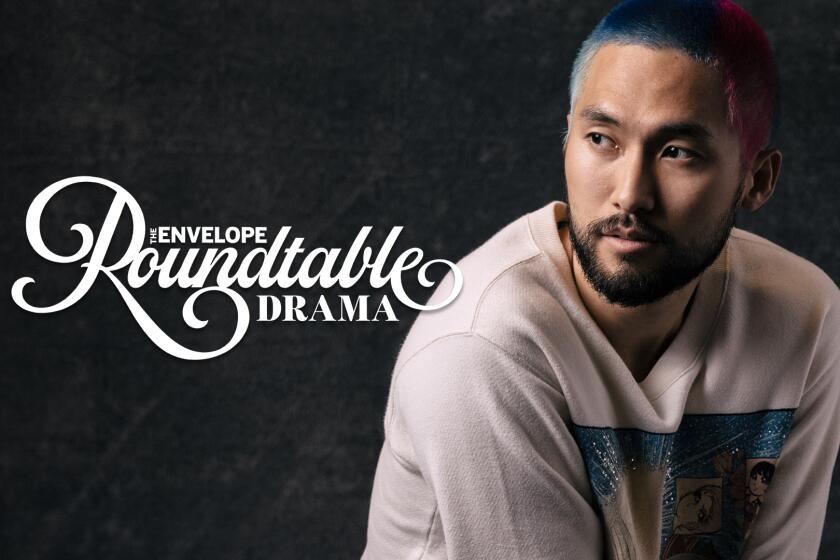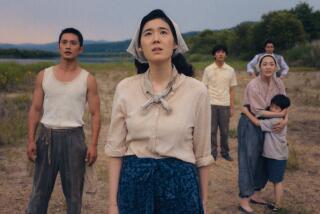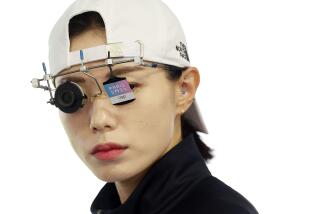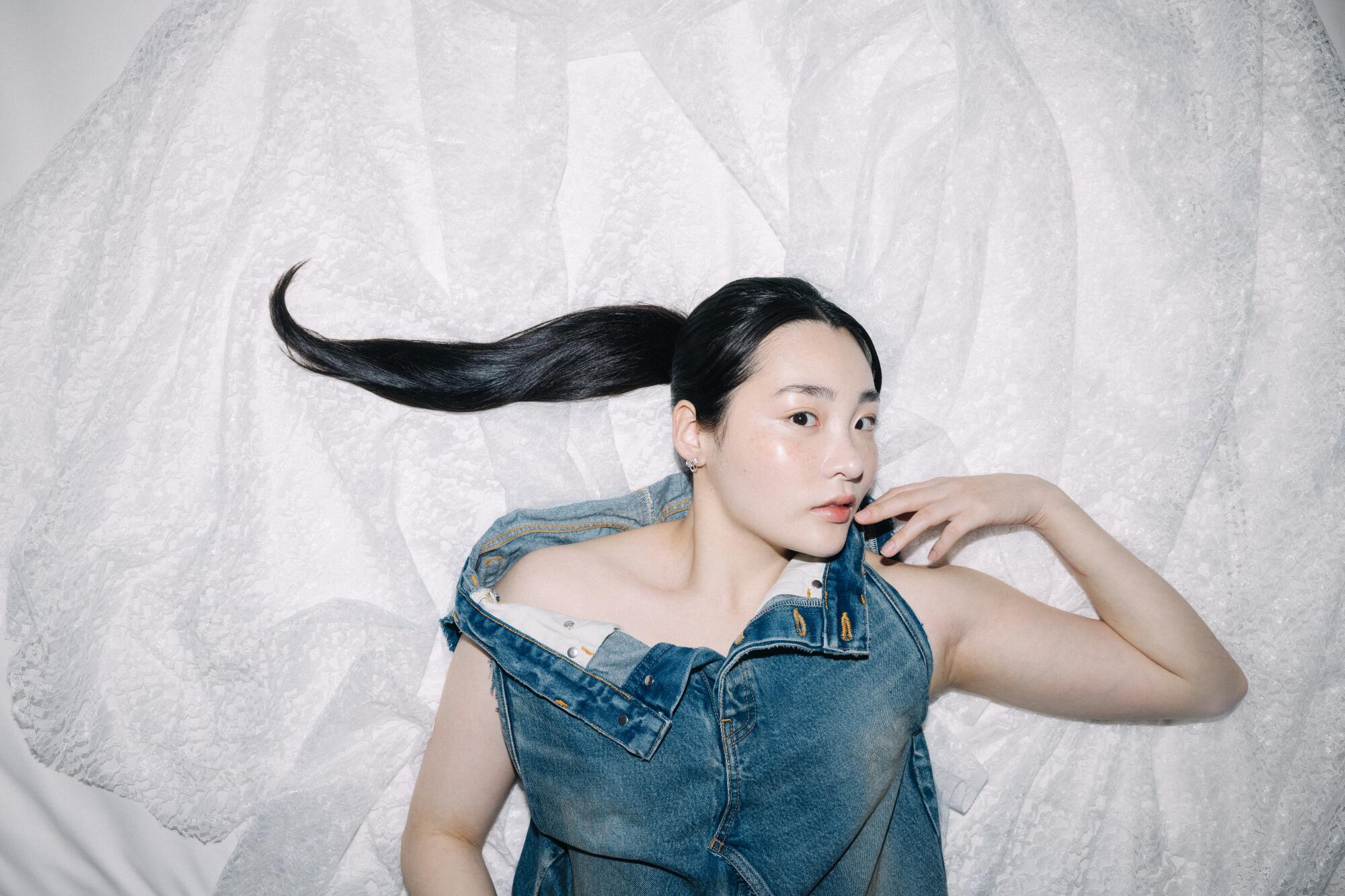
No, she doesnāt mind moving to another room. The shots they got with her sitting on the bathroom counter were probably gold, but the photographer has other ideas for this swanky suite at LāErmitage Beverly Hills. The shooter directs the actress to sprawl on the bed, click click click. The subject does so with ease, her face never betraying discomfort, her body never tense. In the front room, she contorts slightly so the lens might catch her reflection in a table mirror, cool confidence never waning. Click click click.
Minha Kim, the 26-year-old Korean actress with a few previous TV credits in her homeland, plays Sunja in the buzzy Apple TV+ series āPachinko.ā In a cast that includes Oscar winner Yuh-Jung Youn and Korean heartthrob Lee Minho, sheās the lead, and she is ready for her close-up.
āWhen I was a little girl, I was very timid, inconspicuous,ā she says later, accepting extra pillows to make herself comfortable on the couch. āI was shy, really, really shy. Whenever I had to speak in front of a lot of people, Iād sweat a lot. I was shivering like this. So nervous.
āAll that time I wanted to be a voice-over actor. Itās good for me to hide and then do the performance. I guess I wanted to be a character rather than, you know, an actress. I always wanna be the princess, I wanna be the Nemo.ā
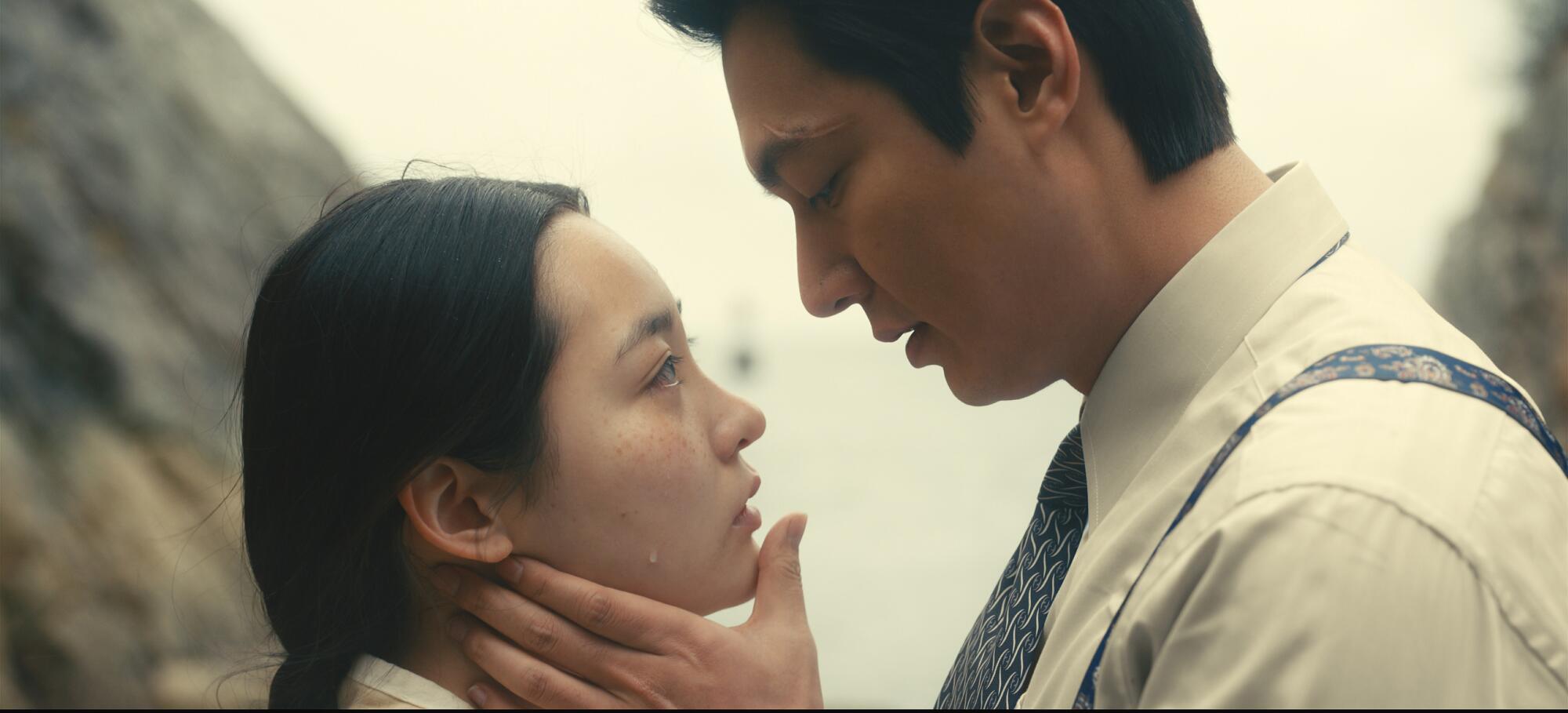
But, she says, she found that her timidity went away when she performed.
āMost of the time when Iām singing I feel different; I feel like Iām dreaming and Iām in the middle of dreams.ā
The Seoul native has overcome her shyness just in time for her first bouts of being recognized on the street (in New York City the day before this interview, for instance), thanks to āPachinkoāsā popularity.
āIām not a person who goes out a lot, but I get a lot of messages from people on Instagram,ā she says, almost with embarrassment, while confiding that many of those interactions involve fans asking about her handsome leading man, Lee.
Six Emmy contenders, including Adam Scott, Jin Ha, Rhea Seehorn and Kaitlyn Dever, discuss learning from teachers, collaborating with directors and watching themselves in our 2022 Envelope Drama Roundtable.
Kimās mother was so keen on her learning English that, apart from having her attend an English kindergarten in Seoul, she sent her first to Germany, then to America (Palm Springs) to study the language. Kim then tilted her accent away from the European by consuming American TV shows such as āGreyās Anatomy,ā eventually graduating from Hanyang University with a degree in theater. Sheās a quick reader, too, though the 10 hours in which she devoured Min Jin Leeās bestselling novel was fast even for her.
āWhile I was reading āPachinko,ā I felt like somebody was telling me the story,ā she says. āEvery chapter was so shocking. āOh, my God. I wanna see whatās next, next, next.ā I felt like it was this new story from my grandmother.ā
Kimās grandmother lived through the period in which the actress plays Sunja, during the Japanese occupation of Korea (about 1910-45).
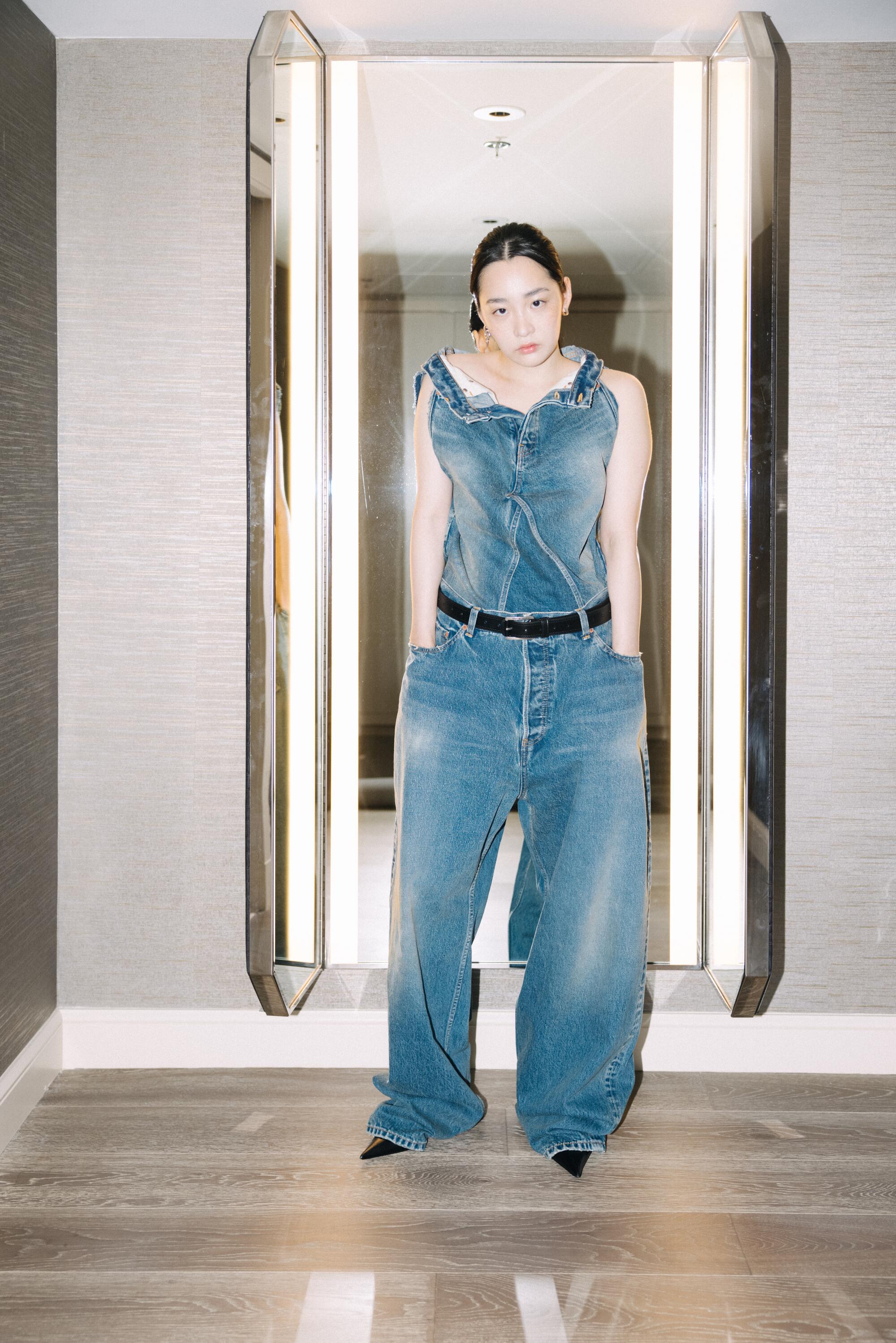
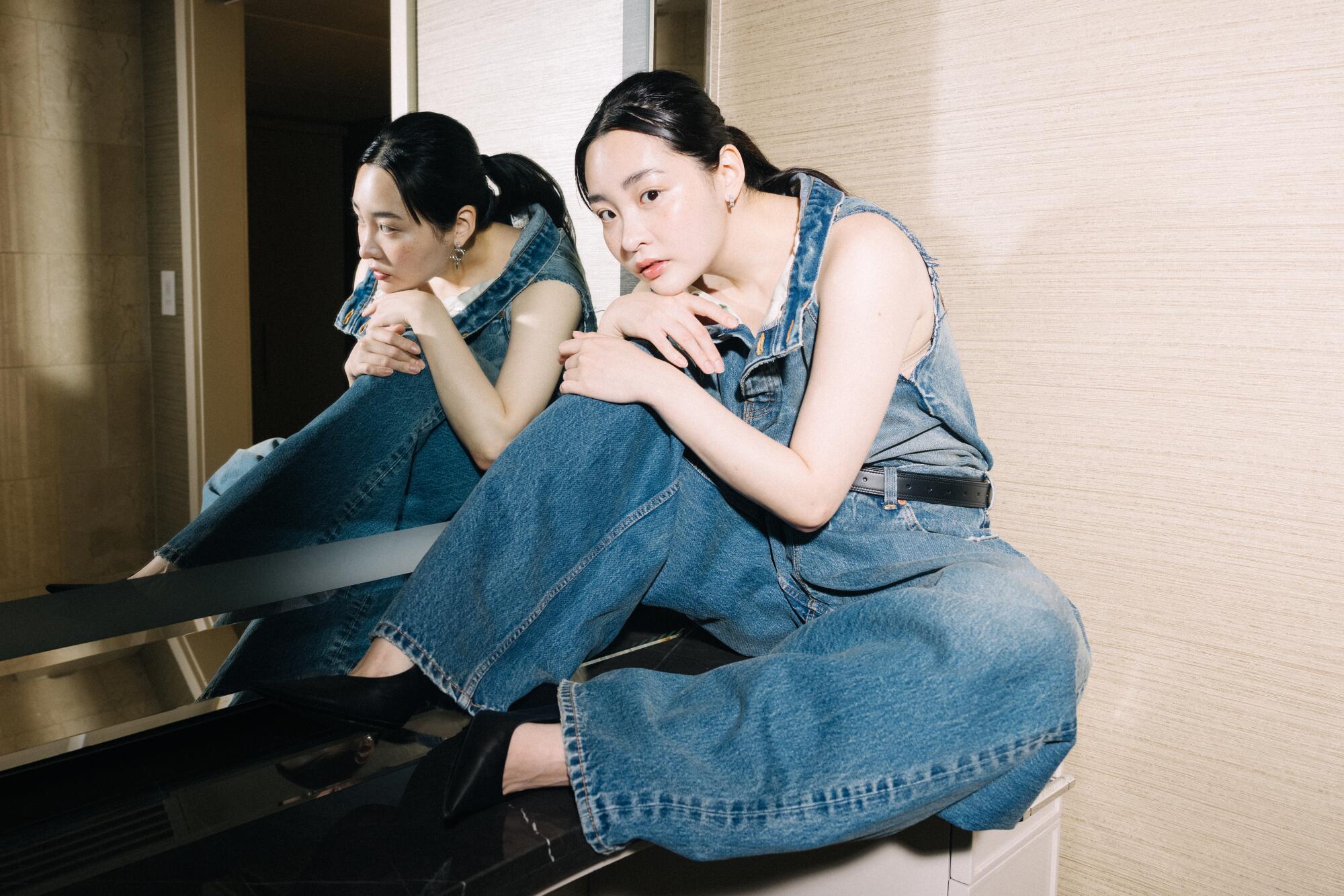
āShe told me about her childhood every time I went to her house, which was really fun. I asked her, āGrandma, [Sunja] got married at 16. Is that too early?ā She said, āNo. I got married at 20, and everybody was telling me that was so late.ā
āI told her, āIn this story I have a boyfriend/lover, and he kind of betrayed me and I have to marry another man.ā She said, āIām so jealous, because nobody would do that ā no boyfriend; itās just husband right away!ā ā Kim laughs fondly.
The laughter fades, though, as she recalls her grandmotherās tales of deprivation.
āI heard from my grandmother that she had to be barefoot on the way to the school because the Japanese got all the shoes from her, even in the middle of winter. But she told me, āThereās no seasons.ā Because winter, spring, summer, autumn, they wear the same clothes; no shoes, no food.ā
One of the key sequences in Season 1 involves the difficulty Sunjaās mother has in simply finding some rice for Sunja and her groom to eat on their wedding day (the Japanese had prohibited the staple from being sold to Koreans).
When Kimās grandmother saw that, āshe cried so hard,ā said the actress. āShe said at the end of my phone call, āEven though itās the performance, even though you are not Sunja, tell Sunja ā tell Minha ā that I love you guys the most and thereās love around you always. So remember that I love you the most.ā ā
Kim found it easy to love Sunja too, citing her honesty and the toughness she finds within herself after initially being overwhelmed by problems. So what didnāt she love about the character?
āItās not about her, but itās more about the culture and how the women were living in that era,ā she says. āWhenever sheās in front of Hansu [Leeās character], sheās just lost. Hansu is kind of like her Wikipedia; he makes her open her eyes, see the world for the first time.
āI feel bad about that. I mean, heās the love of her life, but still, I just want her to forget him. āNo, heās a bastard, no!āā She laughs. āHeās McDreamy, how can she forget him? Even though she hates him, I think itās another [kind] of love. So, so powerful that she gets an energy from him whether she hates or loves him. He keeps appearing in the middle of her life; itās so annoying because she cares about him so hard.ā
Was there a moment that brought their relationship into focus for her?
āWhen Isak [played by Steve Sang-Hyun Noh] proposes to me and he asks, āCan you forget Hansu?ā ā when I was reading the script, I thought that line was just, you know, not that important. But when he asked me that on set, I couldnāt answer. I couldnāt spit out my lines. Tears just came out and I felt that, āThis is how much she loves [Hansu].ā It was really weird and I couldnāt speak out loud that line: āI would love to.ā [Instead] it made me collapse in front of Isak in the restaurant, so I had to bear the tears. And thatās when I found out that her love towards Hansu is so deep.ā
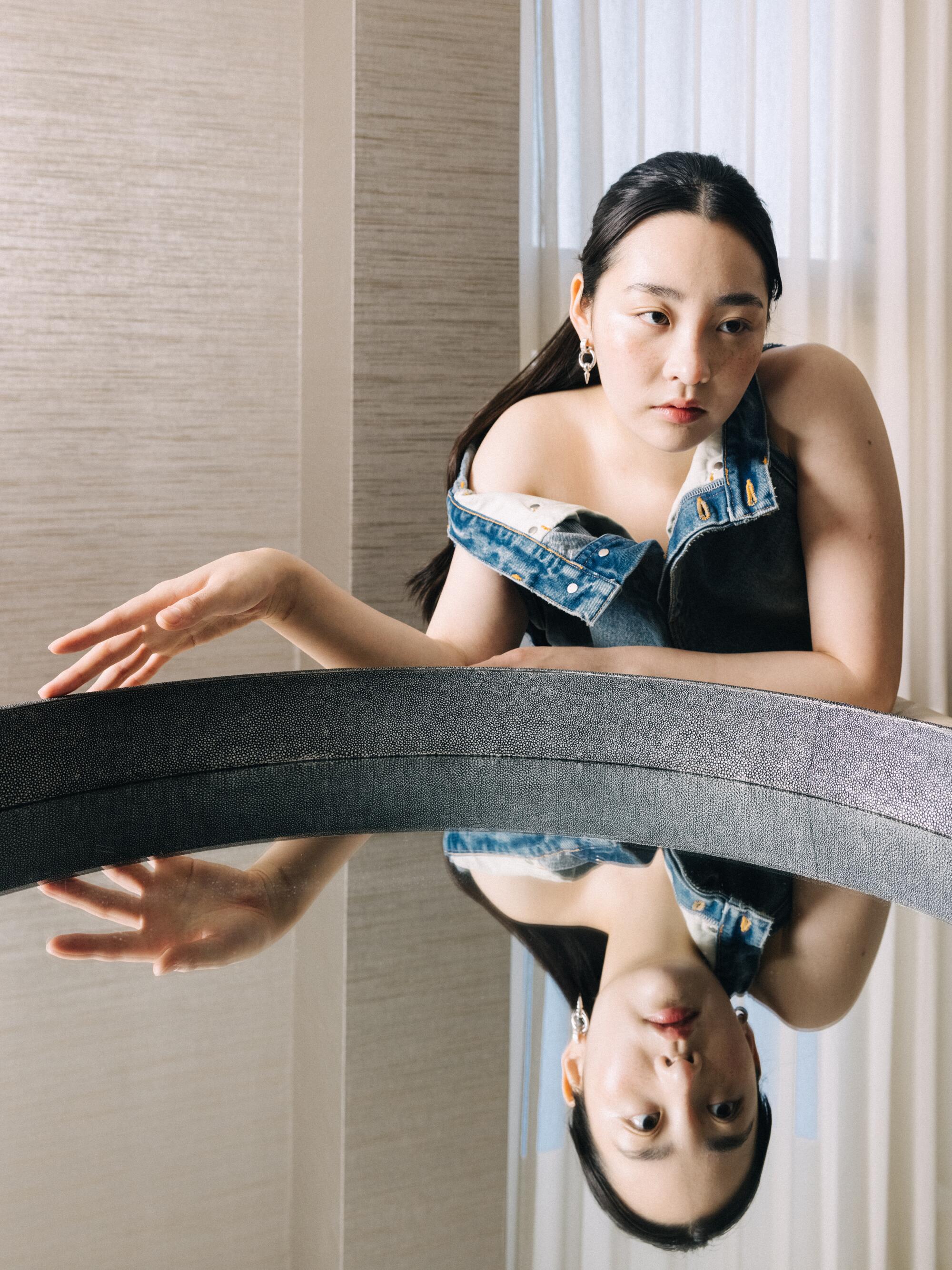
More to Read
From the Oscars to the Emmys.
Get the Envelope newsletter for exclusive awards season coverage, behind-the-scenes stories from the Envelope podcast and columnist Glenn Whippās must-read analysis.
You may occasionally receive promotional content from the Los Angeles Times.

